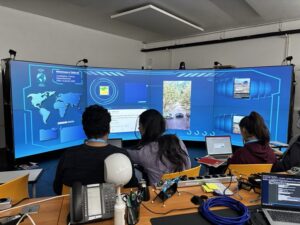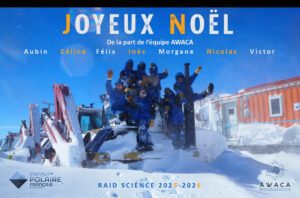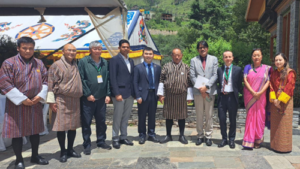Webinaire
Constraining carbon cycle processes at national and ecoregional scales using radiocarbon
Timothy Eglinton
Séminaire du LSCE.
Description
Résumé/abstract
Improved constraints on carbon exchanges between atmospheric, terrestrial and aquatic systems are needed to reduce uncertainty in future predictions of the global carbon cycle and climate change. Radiocarbon is a powerful tool for studying the carbon cycle due to its to its ~5700-year half-life that sheds light on processes occuring on centennial to millenial timescales, as well as the 14C “bomb spike” resulting from above-ground nuclear weapons testing in the mid-20th Century that serves as a tracer of carbon flow among more rapidly cycling pools. The “Radiocarbon Inventories of Switzerland” (“RICH”) project is a collaborative initiative that involves undertaking a first-of-its-kind, national-scale 14C survey spanning all major carbon pools and encompassing the five different Swiss ecoregions.
The project is acquiring a comprehensive “snapshot” of 14C measurements for carbon species in the atmosphere, soils and the hydrophere (e.g., 14C in atmospheric and soil-derived gas samples, 14C in bulk samples and different sub-fractions of soil, water and sediment samples), and developing historical context through 14C analysis of natural archives and of archived samples spanning the pre-bomb era to the present. The measurements are being used to study various carbon cycle processes, including turnover rates of different soil carbon fractions, budgets of riverine carbon, and anthropogenic emissions of CO2 and CH4. New, integrated atmospheric-terrestrial-aquatic carbon cycle models are being developed and calibrated, and existing models are being evaluated.
This presentation will outline the goals and scope of the RICH project, and provide illustrations of the information that is now flowing from this collaborative undertaking. The project structure is envisioned to serve as template that can be adapted in carbon cycle studies on regional to global scales.
Timothy Eglinton, Geological Institute, Department or Earth and Planetary Sciences, ETH Zurich.
Informations supplémentaires
Pour ceux qui le souhaitent, nous échangerons avec Tim Eglinton à partir de 15h en salle 130 au LSCE.
For those interested, we’ll discuss with Tim in room 130 at LSCE at 3 pm.
Lieu
LSCE, bât 714, room 1129






